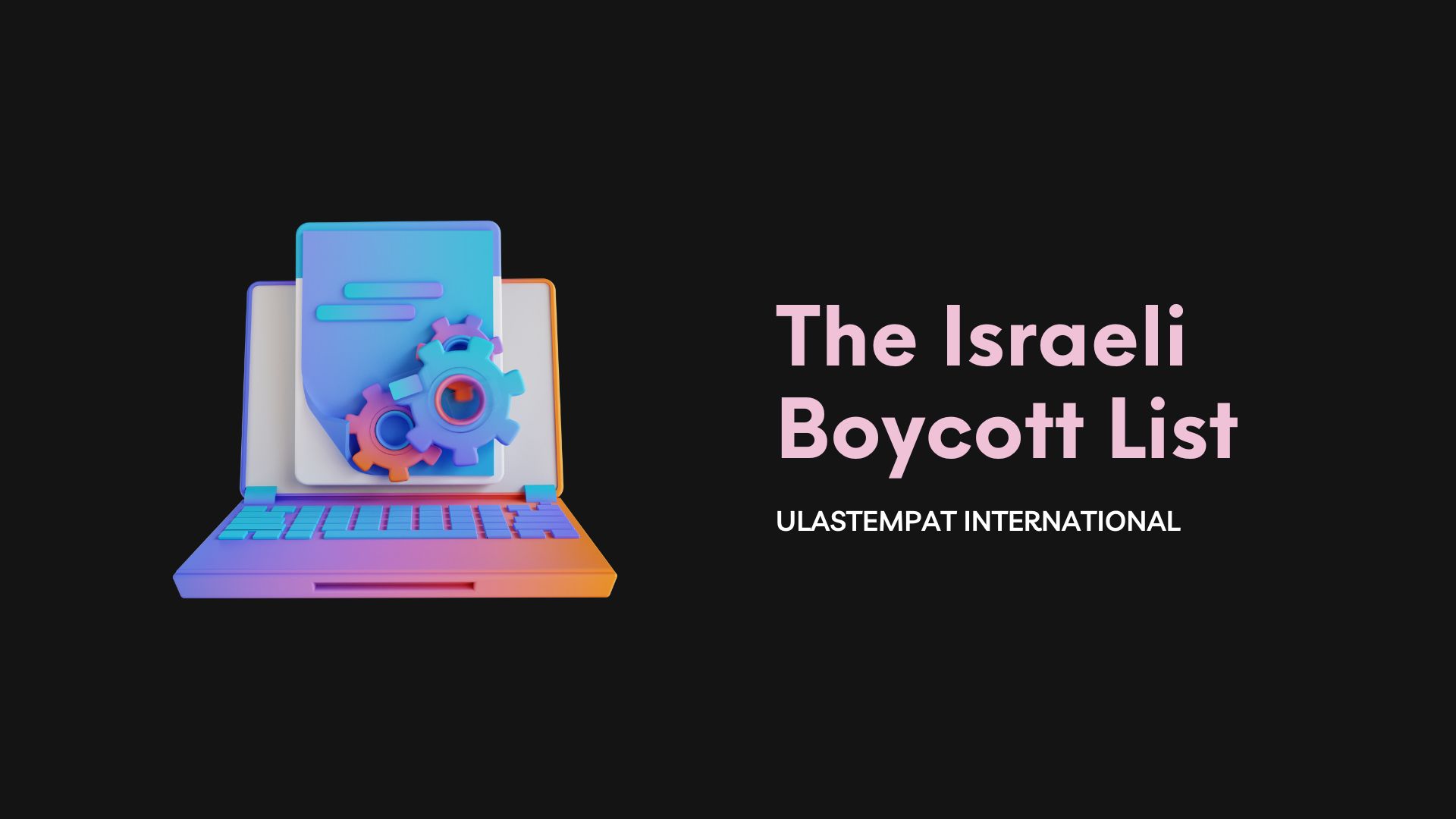Does Dunkin' Support Israel? Unveiling The Truth Behind The Doughnut Giant's Allegiances
Does Dunkin' support Israel? This question has sparked heated debates and fueled countless discussions among coffee enthusiasts, doughnut lovers, and politically conscious consumers alike. As one of the world's most iconic coffee and baked goods chains, Dunkin' has been under scrutiny for its business practices, affiliations, and stance on global issues. In today’s world, where brands are often judged by their values and commitments, understanding Dunkin's position on Israel is more important than ever. So, buckle up and let’s dive into the nitty-gritty of this debate.
Now, you might be thinking, "Why does a doughnut company even need to take sides?" Well, in this era of social media and cancel culture, every brand is expected to have a voice on political matters. Whether it's intentional or not, Dunkin' has found itself at the center of this controversy, and we’re here to break it down for you in the simplest terms possible. Let’s separate fact from fiction.
Before we get into the juicy details, it’s essential to understand the broader context. Dunkin' operates in numerous countries, including regions where the Israel-Palestine conflict is a sensitive topic. This means that whatever stance the company takes—or doesn’t take—can have significant implications for its brand image and customer loyalty. So, are they pro-Israel? Pro-Palestine? Or do they prefer to stay neutral? Let’s find out.
Read also:Pinay Scandal News 2024 Philippines Unraveling The Controversy And Its Implications
What Is Dunkin'? A Brief Overview
Let’s start with the basics. Dunkin' is not just another coffee shop; it’s a global phenomenon that started way back in 1950 as a humble doughnut shop in Quincy, Massachusetts. Today, it boasts over 13,000 locations worldwide and serves millions of cups of coffee and doughnuts every day. But what does this have to do with Israel? Well, everything, actually.
As a multinational corporation, Dunkin' has to navigate complex geopolitical landscapes. This includes countries in the Middle East, where the Israel-Palestine conflict is a hot-button issue. The company’s decisions regarding sourcing, marketing, and partnerships can all influence perceptions of its stance on Israel.
Here’s the kicker: Dunkin' isn’t just selling coffee and doughnuts; it’s selling an experience, a brand, and a set of values. And in today’s world, those values matter more than ever. So, how does Dunkin' balance its global presence with local sensitivities? Let’s explore.
Does Dunkin' Support Israel? The Core Question
Alright, let’s cut to the chase. Does Dunkin' support Israel? The short answer is: it depends on how you interpret their actions. Dunkin' has never explicitly stated that it supports Israel or any other political entity. However, its presence in certain countries and its business practices have raised eyebrows among critics.
For instance, Dunkin' has a significant presence in Israel, with numerous outlets across the country. This alone has led some to believe that the company is pro-Israel. But is that really the case? Not so fast. Let’s break it down further.
Understanding Dunkin's Business Model
Dunkin' operates as a franchise-based business, meaning that individual franchisees run the stores under the Dunkin' brand. This decentralization makes it difficult to pinpoint the company’s exact stance on political issues. While Dunkin' may have a presence in Israel, it doesn’t necessarily mean that the parent company endorses Israel’s policies.
Read also:The Ultimate Guide To The Meritage Resort And Spa Your Oasis Of Luxury
Think of it this way: if McDonald’s opens a store in Russia, does that mean McDonald’s supports the Kremlin? Not necessarily. The same logic applies to Dunkin'. Its presence in Israel—or any other country—is driven by business opportunities rather than political affiliations.
Why the Controversy Matters
Now, you might be wondering why this controversy matters so much. After all, isn’t Dunkin' just a doughnut company? Here’s the thing: in today’s world, brands are no longer just products or services. They are symbols of values, beliefs, and ideologies. And when it comes to the Israel-Palestine conflict, neutrality is often seen as a form of complicity.
For many, supporting a brand that operates in Israel is tantamount to supporting Israel’s occupation of Palestinian territories. This has led to boycotts and protests against companies perceived to be pro-Israel. On the flip side, some argue that businesses should remain neutral and focus on providing goods and services without getting involved in politics.
So, where does Dunkin' stand in all of this? Let’s dig deeper.
What Dunkin' Has Said About Israel
Surprisingly, Dunkin' has remained largely silent on the Israel-Palestine issue. Unlike other companies that have made public statements or taken clear stances, Dunkin' has chosen to stay mum. This silence, however, hasn’t stopped people from speculating.
In a rare statement, Dunkin' spokesperson once mentioned that the company’s focus is on “providing quality products and experiences to customers around the world.” While this might sound like a typical corporate response, it effectively avoids taking a side on the issue.
But here’s the catch: silence can be deafening. For some, Dunkin's refusal to address the issue is seen as a tacit endorsement of Israel. For others, it’s simply a business decision to avoid alienating potential customers.
Key Points to Consider
- Dunkin' has not issued any official statements supporting Israel or Palestine.
- The company’s presence in Israel is driven by business opportunities rather than political affiliations.
- Silence on political issues can be interpreted as complicity by some groups.
How Dunkin' Operates in Israel
Let’s talk about Dunkin's operations in Israel. As of the latest data, Dunkin' has several outlets in major Israeli cities, including Tel Aviv and Jerusalem. These stores are run by local franchisees, who are responsible for day-to-day operations.
Interestingly, Dunkin' also has a presence in other countries in the Middle East, such as the UAE and Saudi Arabia. This suggests that the company is more focused on expanding its market share than taking sides in political conflicts. However, this hasn’t stopped critics from accusing Dunkin' of indirectly supporting Israel by operating within its borders.
Here’s the thing: when a company operates in a country, it inevitably becomes part of that country’s economic ecosystem. Whether you view this as a positive or negative development depends on your perspective on the Israel-Palestine conflict.
Franchise Model: A Double-Edged Sword
Dunkin's franchise model is both a strength and a weakness in this context. On the one hand, it allows the company to expand rapidly without directly managing each location. On the other hand, it makes it difficult to control the actions of individual franchisees, who may have their own political views.
For example, a franchisee in Israel might choose to source ingredients from Israeli suppliers, while a franchisee in the UAE might opt for Palestinian suppliers. This decentralization can lead to inconsistencies in the company’s perceived stance on political issues.
What Do the Experts Say?
Let’s turn to the experts for some insights. According to a report by the Center for Economic and Social Rights, multinational corporations operating in Israel have a responsibility to ensure that their activities do not contribute to human rights violations. While Dunkin' hasn’t been directly implicated in any such violations, its presence in Israel raises questions about its ethical responsibilities.
On the other hand, some experts argue that businesses should remain neutral and focus on providing goods and services without getting involved in politics. They point out that Dunkin's operations in Israel are no different from its operations in other countries, where it also faces local challenges and sensitivities.
So, what’s the verdict? It seems that Dunkin' is walking a fine line between profitability and ethics. Whether it’s doing enough to address concerns about its operations in Israel remains a matter of debate.
Data and Statistics to Consider
- Dunkin' has over 13,000 locations worldwide, including several in Israel.
- The company’s revenue from international operations accounts for a significant portion of its total earnings.
- Consumer surveys show that political affiliations are increasingly influencing purchasing decisions.
What Can Consumers Do?
As consumers, we have the power to influence corporate behavior through our purchasing decisions. If you’re concerned about Dunkin's operations in Israel, there are several actions you can take:
First, you can choose to boycott Dunkin' and support alternative brands that align with your values. This sends a clear message to the company about the importance of ethical practices.
Second, you can engage with Dunkin' directly by reaching out to their customer service team and expressing your concerns. Many companies are responsive to customer feedback and may be willing to address your issues.
Finally, you can educate others about the issue and encourage them to make informed decisions. After all, collective action often leads to meaningful change.
Conclusion: Does Dunkin' Support Israel?
So, does Dunkin' support Israel? The answer is nuanced and depends on how you interpret the company’s actions. While Dunkin' has a significant presence in Israel, it has not explicitly stated that it supports Israel or any other political entity. Its operations in the country are driven by business opportunities rather than political affiliations.
That said, silence on political issues can be interpreted as complicity by some groups. As consumers, we have a responsibility to hold companies accountable for their actions and ensure that they align with our values.
What’s next? We encourage you to share your thoughts in the comments below. Do you think Dunkin' should take a clearer stance on the Israel-Palestine issue? Or do you believe that businesses should remain neutral and focus on providing goods and services? Let’s keep the conversation going!
Table of Contents
- What Is Dunkin'? A Brief Overview
- Does Dunkin' Support Israel? The Core Question
- Understanding Dunkin's Business Model
- Why the Controversy Matters
- What Dunkin' Has Said About Israel
- How Dunkin' Operates in Israel
- What Do the Experts Say?
- What Can Consumers Do?
- Conclusion: Does Dunkin' Support Israel?


